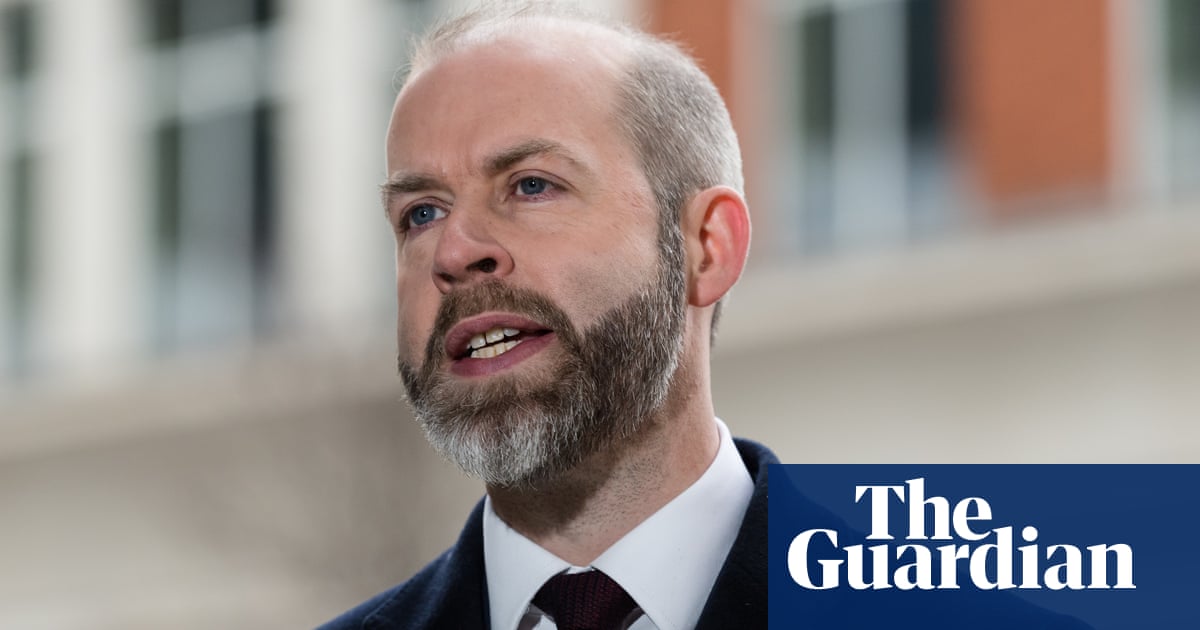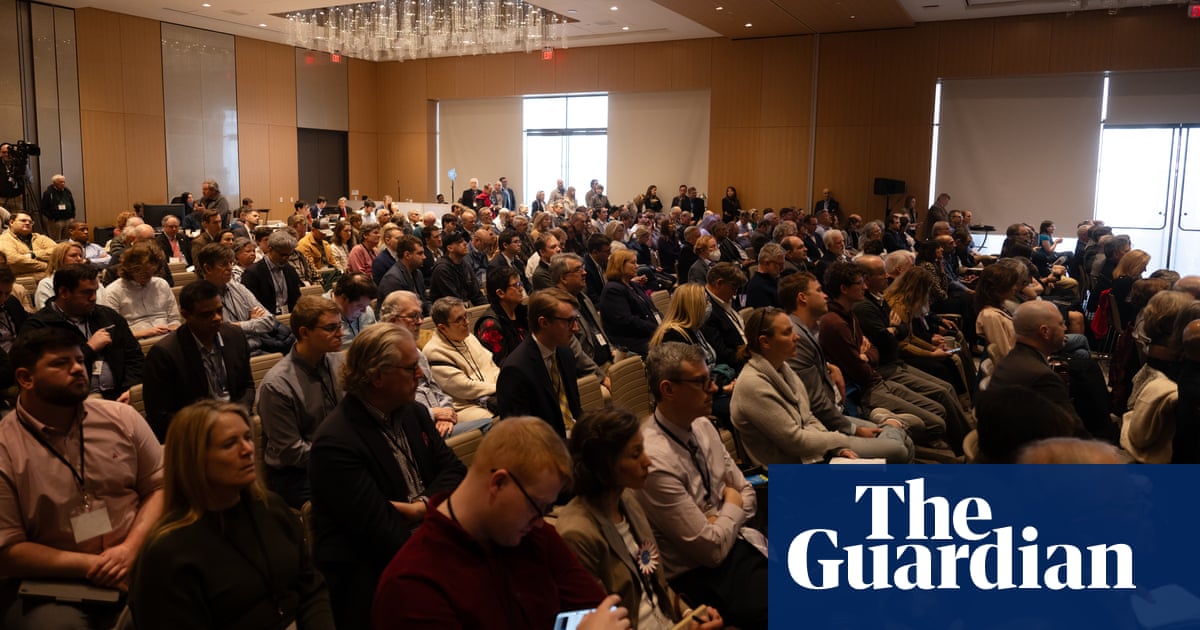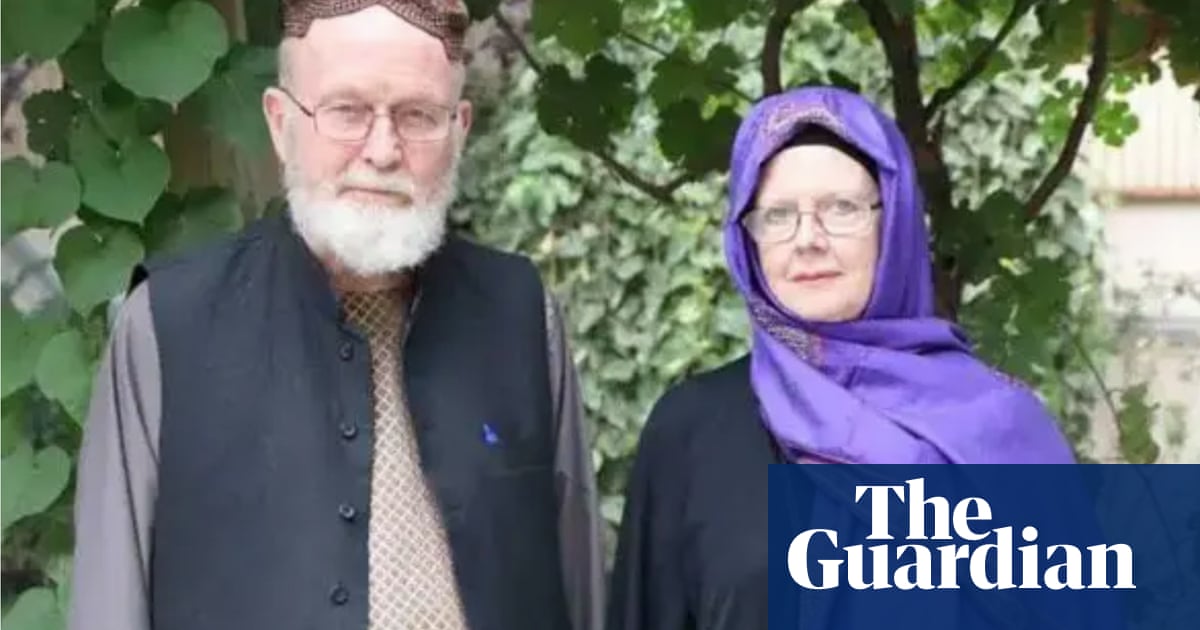Kim Leadbeater urged MPs to give people “choice, autonomy and dignity at the end of their lives” as she opened a landmark debate on legalising assisted dying.
The backbench Labour MP, who has brought forward a bill that would apply in England and Wales, said fresh consideration of the issue was “long overdue”.
Interventions came from proponents and opponents of the bill in the Commons as Lindsay Hoyle, the speaker, said more than 160 MPs were aiming to speak in the five-hour debate.
Opening the session, Leadbeater argued that the existing law was not clear and that it was the job of MPs to “address complex issues and make difficult decisions”.
Leadbeater said the fact that four former directors of public prosecutions – including the prime minister – and two former supreme court presidents believed the law needed to change meant MPs had “a duty to do something about it”.
She recounted the stories of several people who endured extreme suffering at the end of their lives and supported a change in the law, including a woman with cancer who died of suffocation.
“Warwick was married to his wife, Ann, for nearly 40 years. She had terminal peritoneal cancer, which meant she couldn’t breathe properly. She spent four days gasping and choking, remaining awake throughout despite being given the maximum dose of sedatives, and eventually died of suffocation,” Leadbeater said.
“She had begged Warwick to end her life, but as he stood over her with a pillow, he could not do what she asked as he didn’t want that to be her final memory of him. Ann had excellent palliative care but it simply could not ease her suffering.”
Leadbeater’s bill is designed to give people with less than six months to live the right to end their lives, subject to the approval of two doctors and a high court judge. She stressed that safeguards in the bill meant it would be “nothing like” what happens in Canada and Belgium and said that the courts had repeatedly referred the issue back to parliament.
Opponents of the bill raised concerns about its safeguards, its impact on vulnerable people and the possibility of coercion.
Diane Abbott, the Labour MP and mother of the house, said that while she was not against assisted dying in any circumstances, she had “many reservations” about this bill. She said passing it would create a “fully funded suicide service” and that she had doubts over whether vulnerable people would be protected.
The former Conservative deputy prime minister Oliver Dowden said courts were prone to “extensive judicial activism” and questioned whether their implementation of the law on assisted dying could mean it ends up “in a totally different place” in a decade’s time.
And in a statement to the Guardian, Ara Darzi, a crossbench peer and consultant surgeon who carried out a review of the NHS in England this autumn, warned that “this is perhaps the worst of times for the health service”.
“Is now the right time to make such a radical change when we know that high-quality palliative and end-of-life care is a postcode lottery? Surely we owe it to the NHS to give it the opportunity to improve rather than to abandon hope in its promise,” he said.
Darzi also raised concerns about the impact of the bill on doctors and that many of them would regard assisted dying as a breach of the Hippocratic oath. “What might be expressed in clear and unambiguous terms in legislation is far more complex in medicine. After all, it will be doctors upon whom the new burden of decision making will fall,” he said.
The Conservative MP Danny Kruger opened the debate for those opposed to the bill and argued that the safeguards built into it were inadequate.
“This bill is too flawed, there’s too much to do with it to address in the committee stage,” he told the Commons. “I am very aware of the terrible plight of people begging us for this new law. I think we can do better for them.”
The former deputy foreign secretary Andrew Mitchell said he had changed his mind on the issue of assisted dying and was strongly in favour of the bill. “The current law forces people to plan their deaths in secret. The bodies are found by their loved ones. They often die in the most horrific circumstances,” he told the Commons. “For me this debate is about extending choice … the choice not to be forced to end your life in pain and indignity.”
If the bill passes on Friday afternoon, it will go to committee stage where MPs can table amendments, before facing further scrutiny and votes in the Commons and Lords. Any change in the law would not be agreed until next year at the earliest, and during the process the government will need to publish an impact assessment of carrying out the change.
Leadbeater has said it would probably take a further two years after passing the law to set up an assisted dying service.
Campaigners for and against the bill gathered outside parliament on Friday. Protesters held signs that read “kill the bill, not the ill”, “care not killing” and “assistance to live, not to die”.

 2 months ago
48
2 months ago
48













































